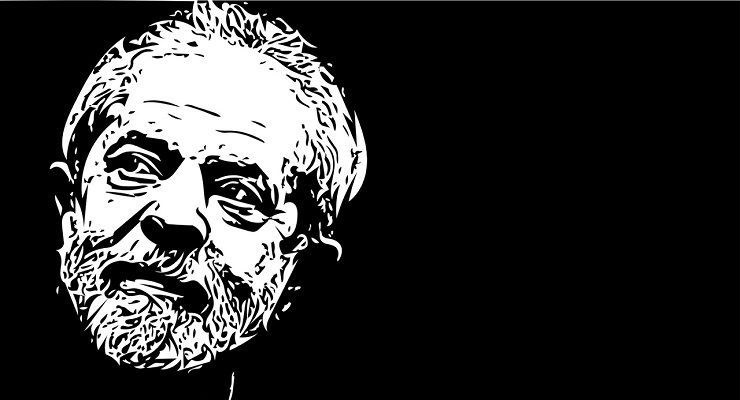
Can Lula’s return save Brazilian democracy? This is the question in an interesting article in JacobinMag by Hugo Albuquerque. Here’s an excerpt:
On March 8, Brazil was greeted with the unexpected news that Supreme Federal Court justice Edson Fachin had annulled all convictions of former president Luiz Inácio Lula da Silva. Prior to that decision, Lula was still facing indictment and minor offense convictions, making him ineligible for political office under Brazilian law. The court’s enormously significant decision makes Lula eligible to run in the 2022 presidential race, though it still remains for the indictments to be definitively withdrawn.
Despite the fact that Lula was released from prison in 2019 on the heels of the Vaza Jato (Car Wash) leaks, the decision that freed him was not based on The Intercept’s revelations of legal conspiracy. Instead, he was released after 580 days thanks to a Supreme Federal Court (STF) ruling that anyone in the process of a legal appeal should remain free during trial proceedings (a ruling that reversed the STF’s previous decision in the run-up to the 2018 elections, made under duress from the military and in violation of the Constitution).
The decision to release Lula resolved, as it were, two issues. On the one hand, it freed the Brazilian justice from the embarrassment of keeping Lula in prison, after it was revealed by the actions of a hacker that then-judge Sérgio Moro arranged the conviction with the accusers. On the other hand, it spared Moro, who at that time was Bolsonaro’s minister of justice, the biggest beneficiary of Lula’s arrest, since the judicial plot, although it served as a backdrop, was not the reason for Lula’s release.
Read the full story here.
Leave a Reply